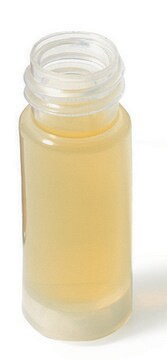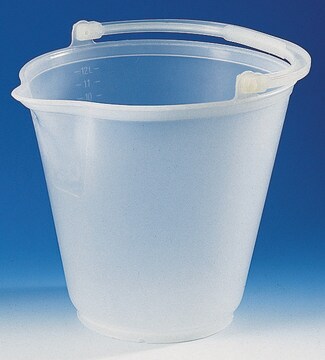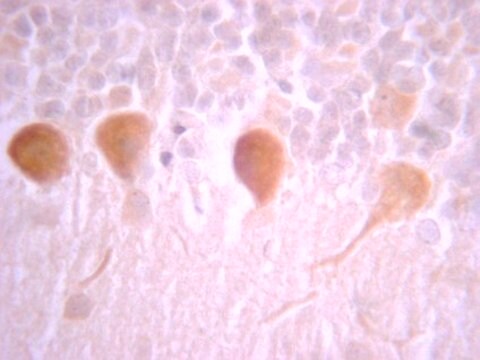SCC709
3dGRO® Pancreatic Organoids (PPTO.64)
Human
Synonim(y):
3dGRO® Pancreatic Organoids (PPTO.64), PDAC Organoid, Pancreatic Cancer Organoid, Pancreatic Ductal Organoid, Pancreatic Tumor Organoid
About This Item
Polecane produkty
product name
3dGRO® Pancreatic Organoids (PPTO.64),
pochodzenie biologiczne
human
Poziom jakości
opakowanie
vial of ≥1500 organoids vial
producent / nazwa handlowa
Millipore
metody
cell culture | stem cell: suitable
Warunki transportu
liquid nitrogen
temp. przechowywania
−196°C
Zastosowanie
- Viability: >1500 viable organoids/vial
- Organoid Growth: Pass
- Cells are tested negative for infectious diseases by a Human Essential CLEAR panel by Charles River Animal Diagnostic Services.
- Mycoplasma Contamination: Negative
- STR Profile: Pass
Cechy i korzyści
Opis wartości docelowych
Recent breakthroughs in three-dimensional (3D) culture methods have led to the development of organoid culture platforms, which allow researchers to perform translational research on long-term in vitro cultures not limited by barriers present in 2D culture or animal models. We now offer a comprehensive collection of patient derived pancreatic ductal adenocarcinoma cancer (PDAC) organoids for cancer research and drug discovery applications.
Cell Line Characteristics
• Sex: Male
• Age: 58 Years
• Organ: Pancreas (Primary Tumor)
• Disease: Ductal Adenocarcinoma (KRAS mutation: G12D)
Przechowywanie i stabilność
Inne uwagi
Informacje prawne
Oświadczenie o zrzeczeniu się odpowiedzialności
Kod klasy składowania
10 - Combustible liquids
Klasa zagrożenia wodnego (WGK)
WGK 2
Temperatura zapłonu (°F)
Not applicable
Temperatura zapłonu (°C)
Not applicable
Certyfikaty analizy (CoA)
Poszukaj Certyfikaty analizy (CoA), wpisując numer partii/serii produktów. Numery serii i partii można znaleźć na etykiecie produktu po słowach „seria” lub „partia”.
Masz już ten produkt?
Dokumenty związane z niedawno zakupionymi produktami zostały zamieszczone w Bibliotece dokumentów.
Nasz zespół naukowców ma doświadczenie we wszystkich obszarach badań, w tym w naukach przyrodniczych, materiałoznawstwie, syntezie chemicznej, chromatografii, analityce i wielu innych dziedzinach.
Skontaktuj się z zespołem ds. pomocy technicznej





